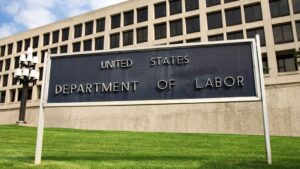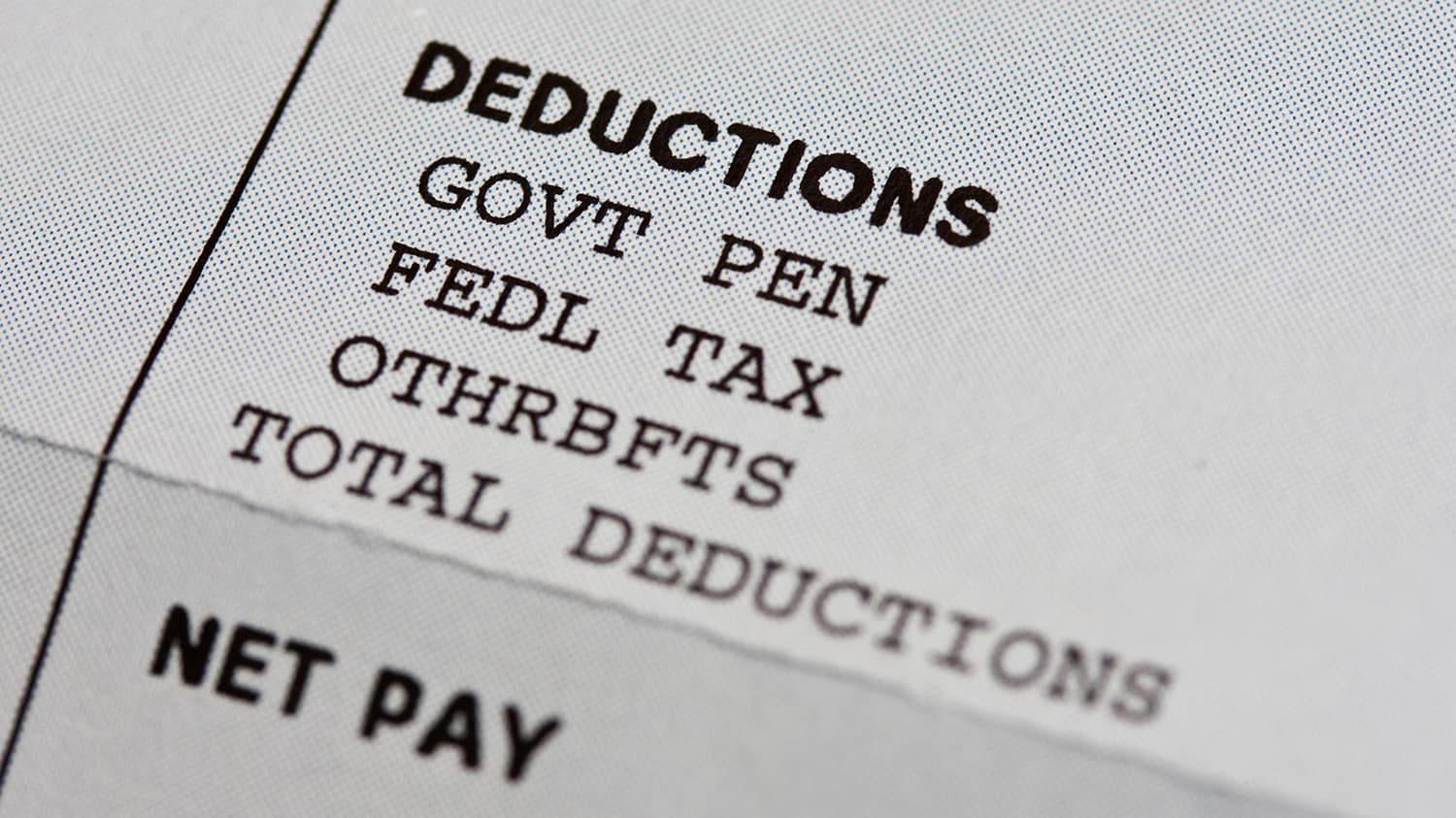Share
There has been a great deal of uncertainty in recent weeks surrounding President Trump’s Memorandum on payroll taxes issued earlier this month (on August 8). Meant as economic relief during COVID-19, the Memorandum allows employers to defer withholding, deposit, and payment of the employee’s portion of the Social Security tax (6.2%) through the end of 2020, as long as the employee’s wages are below a set amount.
It wasn’t until nearly three weeks later (on August 28) that the Department of Treasury and Internal Revenue Service issued guidance on the Memorandum. And while the IRS’s guidance clarifies many of the specifics, there are still several lingering questions.
Here’s a brief look at what we now know and what we still need to find out about the payroll tax deferral:
What are payroll taxes?
Payroll taxes are the taxes paid by both employees and employers that go towards national Social Security and Medicare funds.
What does the Memorandum mean for payroll taxes?
Trump’s executive order refers only to the employee portion of the Social Security taxes, which amounts to 6.2% of an employee’s paycheck (the Medicare tax is not affected by the executive memorandum).
According to Notice 2020-65 from the IRS, deferrals of these taxes are available for any employee whose current wages/compensation (pre-tax) is less than: $2,000 weekly / $4,000 bi-weekly / $8,666.66 monthly / $104,000 annually. If the employee’s compensation is over these amounts, they do not qualify for the deferral. Previous earnings are not applicable when determining eligibility.
The employer, listed in the guidance as the affected taxpayer, is responsible for the recovery and remittance of the deferred employee Social Security tax.
When will this go into effect?
The Memorandum is already in effect, as it applies to wages paid from September 1, 2020 through December 31, 2020.
What does this mean for your employees’ paychecks?
Depending on salary specifics, your employees’ paychecks could be significantly larger during this four-month timeframe. The maximum amount an employee can defer is $2,232.
Will employees have to pay the deferred payroll taxes later?
Without further action by Congress, it is likely that an employee will be required to repay the deferred payroll taxes. Employers need to make it clear to their employees that this is a deferral, not a tax credit. And while their paychecks may be bigger in the meantime, eventually these deferred taxes will likely have to be paid by the employees by April 30, 2021.
On a more certain and positive note, the amounts deferred will not incur any “penalties, interest, additional amount, or addition to the tax,” according to the provisions outlined in the Memorandum.
Could the deferred payroll taxes be forgiven?
There is a chance that the deferred payroll taxes could be retroactively forgiven, but that is not the case right now. In the memo, the President called on Congress and the Treasury Secretary to explore potentially eliminating the obligation of employees to pay the deferred taxes, but, again, as of now, this is not certain. And until it is (or ever is), the expectation your employees should have is that the deferred taxes will need to be paid at a later date.
Questions that remain unclear about the Payroll Tax deferral:
- Will the Payroll Tax deferral need to be repaid? If so, who will be required to repay it?
- Are employers/employees required to participate in this deferral?
- What reporting requirements are expected from employers?
- How are employees that fluctuate above and below the cut-off?
- How is the employer protected from having to pay the tax in the future when the employee no longer works for them?
- Who is responsible for penalties and interest after April 30, 2021?
- How does the deferral relate to the COVID-19 legislation already in place, including the CARES Act and PPP?
One thing that is for sure is that businesses will have to remain on high alert and agile as new guidelines for this payroll tax deferral are released. At Netchex, we will continue to monitor the situation and update this blog with any further details and/or guidance put forth by the Federal Government. Based on this limited guidance, our Development team is working with our legal advisors on the best way to approach this, and we anticipate having a solution in place by the end of the month.
The information contained in this blog does not constitute professional legal advice. We advise you to speak directly with your own Tax and Legal teams to make the best decision for your company and your employees.
Related articles

Overtime Overruled: 2024 Overtime Rule Vacated, Reverts to 2019 Threshold

HR Rules + Legislation Updates: Overtime, Non-Compete, Joint Employer, and More

HR Legislation: 2024 Updates to Independent Contractors and Joint Employer Rules

